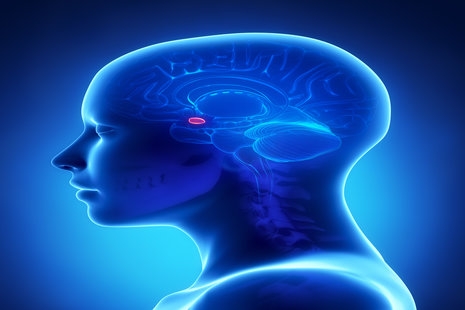Distinguishing Bipolar From Depression
Orange County, CA - September 5th, 2018 - Mental illnesses such as Bipolar Disorder and Clinical Depression are difficult to diagnose due to their similar symptoms. Both of these illnesses are essentially identical; except individuals who are bipolar also experience mania. Distinguishing the two can be difficult; it presents a major clinical challenge as treatment varies considerably depending on the primary diagnosis.
Bipolar disorder (also known as manic depression disorder), includes episodes of mood swings ranging from depressive lows to manic highs. Manic episodes involve symptoms such as high energy, reduced need for sleep, and loss of touch with reality. Depressive episodes may include symptoms such as low energy, low motivation, and loss of interest in daily activities.
Clinical depression is a mental health disorder that is characterized by a persistently depressed mood or loss of interest in activities, causing significant impairment in daily life. Symptoms may include changes in sleep, appetite, energy level, concentration, daily behavior, or self-esteem.
Both disorders are very common. According to the National Institute of Mental Health, Bipolar disorder affects 5.7 million American adults, and Clinical depression affects 16.2 million American adults. Approximately 60% of patients with bipolar disorder are initially misdiagnosed as clinical depression. Misdiagnosing the two is potentially dangerous; patients are undergoing treatment for a completely different disorder.

A new study from researchers at the Westmead Institute for Medical Research and the University of Sydney found that a set of neurons (amygdala) inside of the brain could accurately diagnose bipolar disorder, and depression. The amygdala is an almond-shaped set of neurons located deep in the brain's medial temporal lobe, which is responsible for emotions, survival instincts, and memory. The researchers used sophisticated MRI scanning to identify how the amygdala reacts as a patient processes several facial expressions such as anger, fear, sadness, disgust, and happiness.
Results showed that the key structure of the brain responds differently depending on whether the person has bipolar disorder or depression. Individuals with bipolar disorder showed the amygdala is less active and less connected with other parts of the brain than in people with depression. The findings in making the distinction between the two had 80% accuracy.
“Identifying brain markers that could reliably tell them apart would have immense clinical benefit. Such a marker could help us better understand both these disorders, identify risk factors for developing these disorders, and potentially enable clear diagnosis from early onset,” said lead researcher Dr. Mayuresh Korgaonkar.
“The core problem underlying both of these disorders is emotion processing,” said Dr. Korgaonkar. His team will start running phase 2 of this study, which aims to further characterize these identified markers in a larger group of patients.
Contact Ampronix:

Email: info@ampronix.com
International Sales: +1 949-273-8000
Domestic Sales: 1800-400-7972 for US and Canada
Follow Us:
Share This Article:
View our Product Catalog Online Here
About Ampronix
Ampronix is a renowned authorized master distributor of the medical industry's top brands as well as a world-class manufacturer of innovative technology. Since 1982, Ampronix has been dedicated to meeting the growing needs of the medical community with its extensive product knowledge, outstanding service, and state-of-the-art repair facility. Ampronix prides itself on its ability to offer tailored, one-stop solutions at a faster and more cost-effective rate than other manufacturers.
Ampronix is an ISO & ANSI/ESD certified facility. To learn more go here.
Distinguishing Bipolar From Depression Orange County, CA – September 5th, 2018 – Mental illnesses such as Bipolar Disorder and Clinical Depression are difficult to diagnose due to their similar symptoms. Both of these illnesses are essentially identical; except individuals who are bipolar also experience mania. Distinguishing the two can be difficult; it presents a major clinical challenge […]




